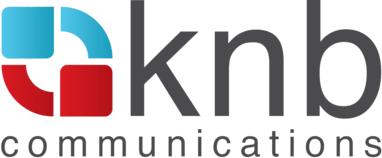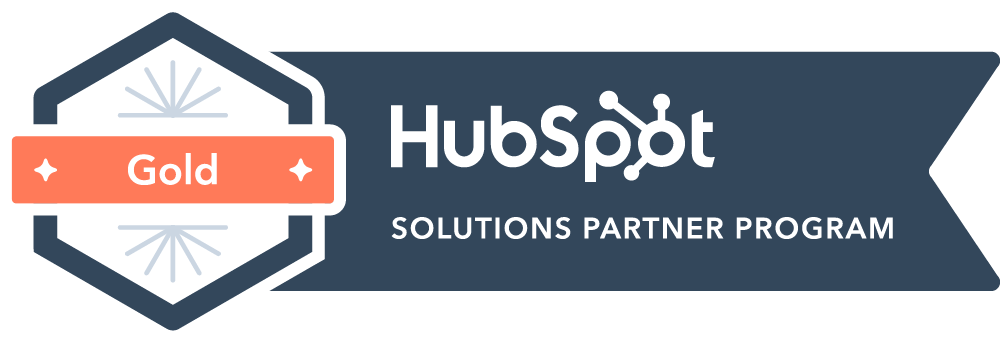As a healthcare PR and marketing agency, we are always looking for opportunities to promote our clients and help them amplify their brand’s message. Podcasts are one of the best platforms for in-depth storytelling, yet some thought leaders are hesitant to take advantage of these media opportunities. Recently, I excitedly informed a client that I’d secured a guest spot for him on a popular podcast and his reaction was tepid at best. When I asked him why, he explained he thought podcasts were, “Mostly for opinionated people who aren’t good looking enough to have a big TikTok following.”
Two thoughts: Ouch, and wrong.
Podcasts are a powerful and fast-growing platform for education, entertainment, and information sharing. If you think about Serial (arguably the platform’s debut), it started as a way for the reporter hosts to go in-depth on a topic, examine the evidence, seek clarification, and offer insights without having to write a book. Which, before podcasts, was really the only option to capture such detail.
By its nature, traditional news media — television, print, and even online news — is severely limited by word count and time. With TV, you might get 10 seconds of airtime to share your thoughts. With print and online, a quote or two is considered excellent coverage. These platforms are rigid and demand messages are constrained. But as a podcast guest, it’s likely you’ll be allotted far more time to share ideas, thoughts, anecdotes, respond to follow up questions, and even show some personality. Most episodes are roughly 20-30 minutes long, meaning very little of what you share ends up left out of the final product. But the depth of content is merely one benefit.
Here are five more reasons podcasts are a great PR platform:
01. Podcasts live in near perpetuity.
Listeners often stumble upon them months, even years, after their release date. Podcasts aren’t held hostage by the traditional news cycle that requires a new story every few days.
02. Growing listenership.
In 2024, over half a billion people worldwide will listen to a podcast. What’s more, the average listener spends more than seven hours per week tuning in.
03. The right demographics.
In the United States, approximately 56% of podcast listeners are male and 44% are female. On average, they are college-educated homeowners and have a household income over $75,000. More than 43% of podcast listeners are between ages 35 and 54, which is the fastest growing group of listeners.
04. Niche audience.
As the saying goes, there’s a cricket lid for every cricket jar. This is true of podcast genres as well. While true crime podcasts remain the most popular, there are hundreds of podcasts dedicated to healthcare, pharma, life sciences, biotech, health tech, and other niche health topics. The audience might not be as large as a new “whodunit” mystery series, but the listeners are there because the subject appeals to them, giving you an opportunity to speak directly to your target audience for 20 or more minutes.
05. Content generation.
Podcasts provide ample opportunity to repurpose content. You can use the transcript to write a blog or byline, create social media posts, even e-books. You can also work with your healthcare PR agency to expand on the topic and pitch it to other media outlets.
Consider these benefits the next time you’re inclined to pass on a podcast.



.png)
.png?width=87&height=87&name=KNB%20marketing%20%20employee%20team%20bios%20%20meet%20your%20team%20(7).png)





